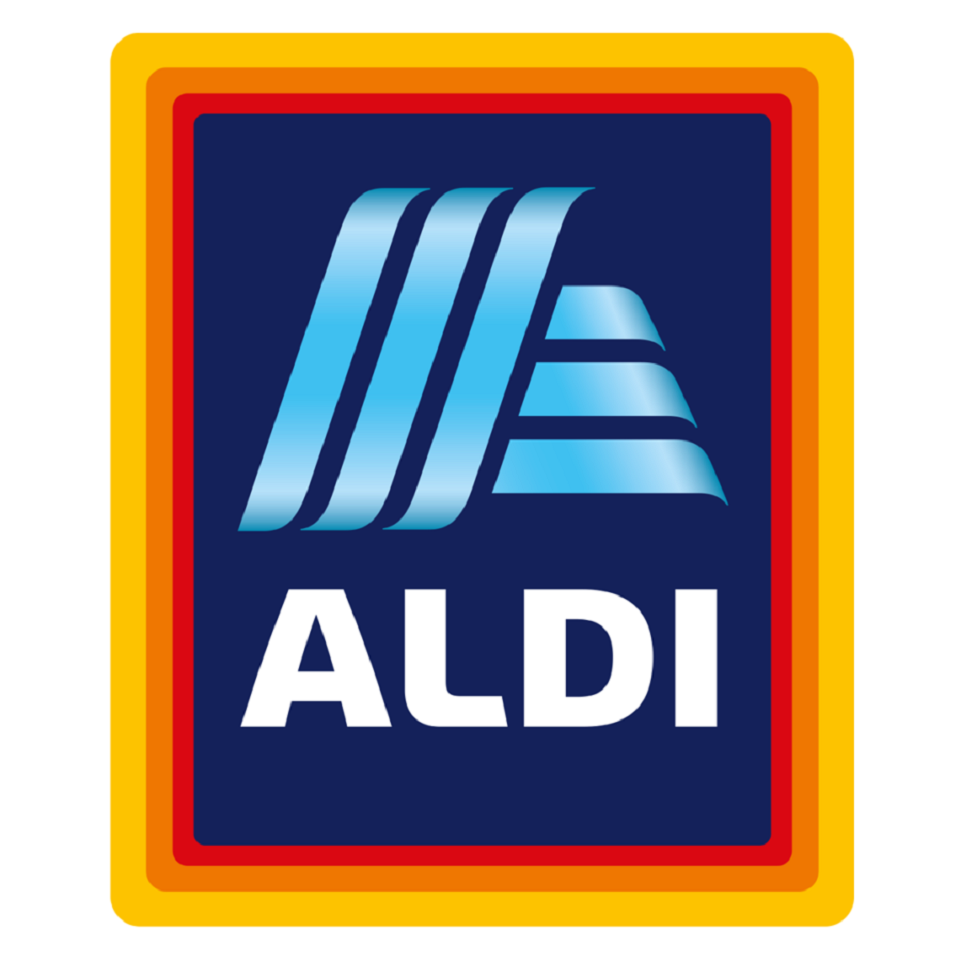Description
ALDI是德國一家創立於1913年的跨國連鎖超市品牌,主要提供各種食品飲料,家居生活用品,個人護理美妝等產品。ALDI目前在全球近20個國家有門市。公司名稱來源於德語單詞「Albrecht(人名)和「Discount(折扣)頭兩個字母縮寫。
Content
Show
Youtube介紹影片
ALDI 是一家起源於德國的國際零售超市連鎖品牌,以其高性價比的商品、簡潔的店面設計和高效的購物體驗聞名。自1913年創立以來,已經發展成為全球零售業的重要玩家之一,其業務遍及歐洲、美國、澳洲等多個國家和地區。
品牌特色
- 高性價比:ALDI 的核心競爭力在於提供高性價比的商品,通過精簡的產品線、大規模採購和高效的運營模式,將成本優勢轉化為價格優勢,受到廣大消費者的青睞。
- 簡潔的購物體驗:店面設計簡潔實用,商品陳列井然有序,使顧客能夠快速找到所需商品,提升購物效率。
- 限量精選商品:除了日常生活必需品外,還定期推出限量的精選商品,包括家居用品、電子產品和季節性商品,增加購物的趣味性。
- 環保意識:注重可持續發展,積極推行環保包裝和減少食物浪費的措施,致力於成為一個負責任的零售商。
產品類別
- 食品與飲料:ALDI 提供各類食品和飲料,包括新鮮蔬果、肉類、乳製品、冷凍食品、雜貨等,滿足日常飲食需求。
- 家居生活:提供家居裝飾、廚房用品、清潔用品等,幫助顧客打造舒適的居家環境。
- 個人護理與美妝:包括個人護理產品、美妝和健康產品,滿足個人日常護理需求。
- 服裝與配飾:部分店鋪會根據季節推出服裝和配飾商品,提供實用且時尚的選擇。
發展歷程
- 創立與早期發展:ALDI 的前身是1913年在德國埃森由卡爾·阿爾布雷希特家族創立的小型食品店,二戰後由創始人的兩個兒子接管,開始擴張業務。
- 品牌分裂:1960年代,由於經營理念的分歧,被分為兩個獨立運營的集團:ALDI Nord(北部)和ALDI Süd(南部)。
- 國際擴張:1970年代開始,開始進軍國際市場,先後在歐洲多國、美國和澳洲等地開設分店。
- 持續創新與發展:面對零售市場的變化和競爭,不斷創新其業務模式和產品,引入有機和無麩質產品,提升顧客服務,並積極擁抱數位化轉型。
ALDI 以其獨特的零售模式和高性價比商品,在全球零售市場占有一席之地。品牌通過不斷創新和優化顧客體驗,成功地滿足了消費者對高品質、低價格商品的需求,並致力於成為一個更加環保和可持續的零售品牌。
Last Update 03/01/2024 13:05

Reviews
There are no reviews yet.